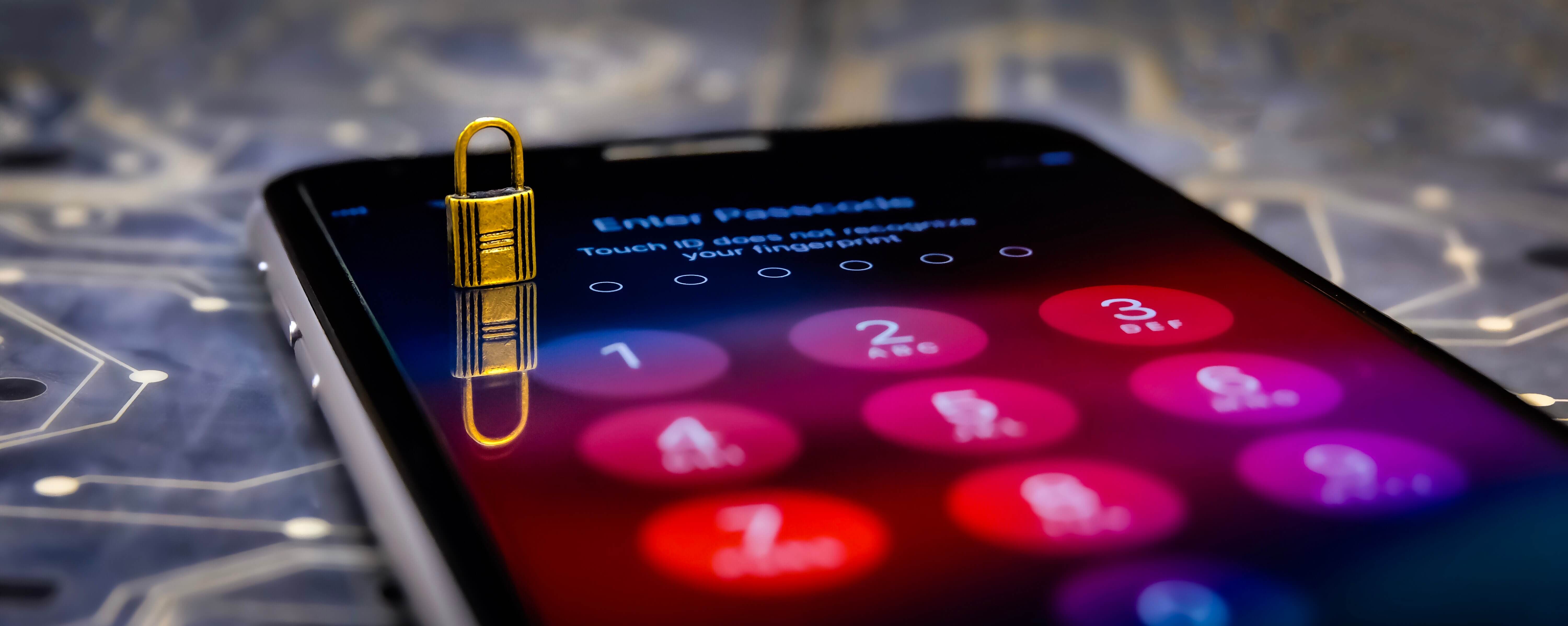How does a VPN work?

When you connect to a VPN, your internet traffic is encrypted and sent through a secure tunnel to the VPN server. The VPN server then decrypts your traffic and sends it out to the internet on your behalf. This means that your ISP and anyone else monitoring your internet traffic can't see what websites you're visiting or what you're doing online.
Choosing a VPN provider When choosing a VPN provider, there are several factors to consider, including:
-
Security and privacy features
-
Server locations and speed
-
User-friendliness of the VPN client
-
Price and value for money
Using a VPN on different devices VPN services can be used on a variety of devices, including:
-
Desktop and laptop computers
-
Smartphones and tablets
-
Smart TVs and streaming devices
-
Routers
VPN security features Most VPN providers offer a range of security features to help protect your online privacy and security, including:
-
Encryption of internet traffic
-
Kill switch functionality
-
DNS leak protection
-
Multi-factor authentication
-
No-logging policies
Conclusion Overall, a VPN is a powerful tool for protecting your online privacy and security. By using a VPN, you can keep your online activities private, bypass internet censorship, and access restricted websites and content. When choosing a VPN provider, be sure to consider the factors outlined above to ensure you choose a provider that meets your needs.